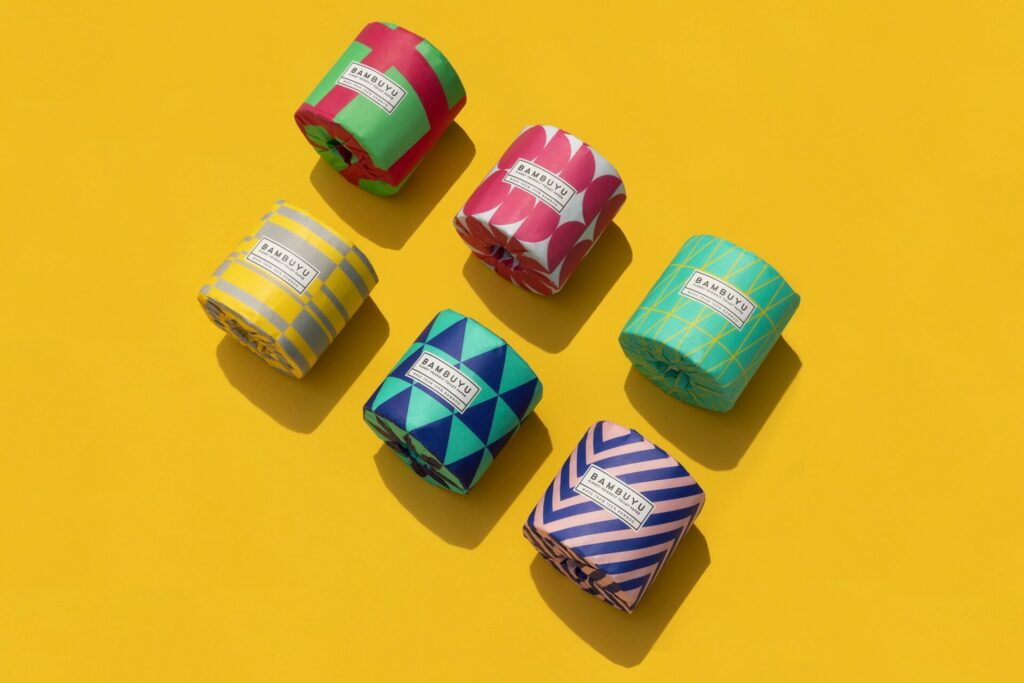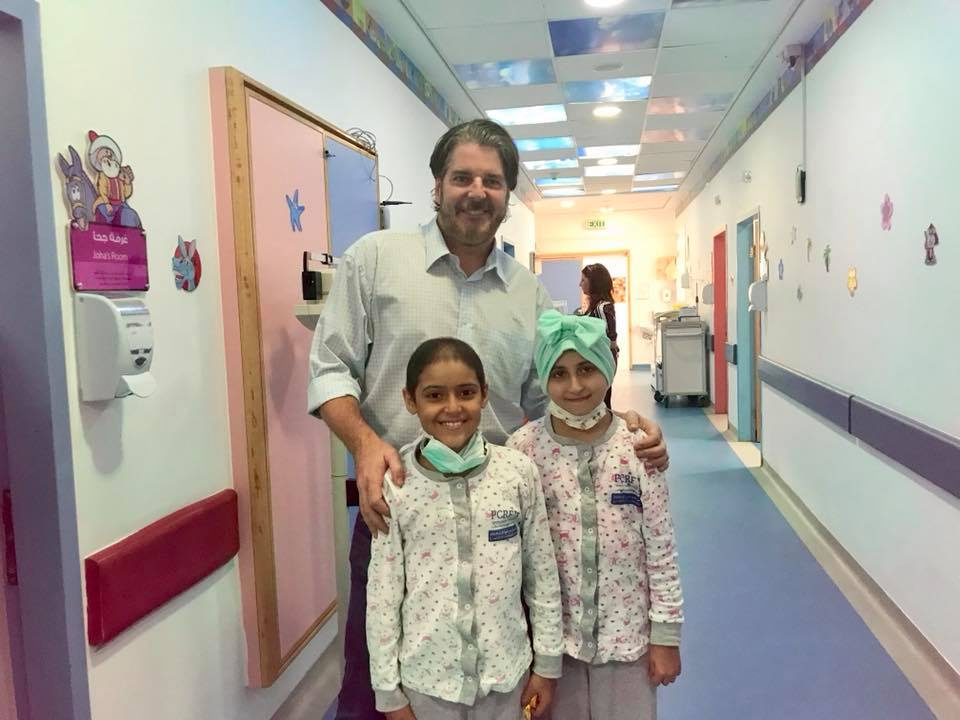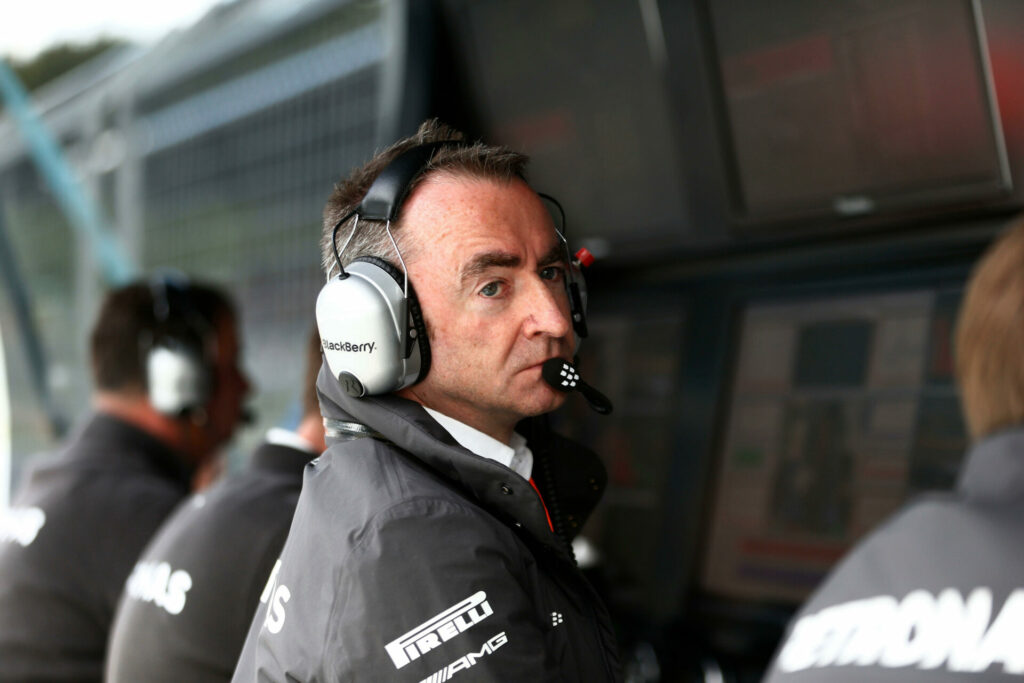Chandra Dake is the CEO of Dake Rechsand, the company pushing pioneering Magic Sand, a breakthrough technology that has the capacity to turn desert landscapes around the globe into fertile farmland.
Addressing the regions water conservation and food security challenges, Dake Rechsands’ Breathable Sand and Honeycomb Water Systems have the ability to harvest and store rainwater as well as transform deserts into organic farms.
We talk to the man behind the concept to find out how this revolutionary technology, that was 35 years in the making, could change the desert regions of the Middle East and further afield.
TE: What is ‘Magic Sand’ and how could it change the UAE landscape?
Chandra Dake: Breathable Sand – or ‘Magic Sand’ – is typical desert sand that’s been treated so that it needs a staggering 80 per cent less water to grow crops. By making it water-retentive and air permeable, farmers can still grow a variety of fruits, plants, crops, flowers and vegetation in blistering desert conditions. And because it doesn’t need as much irrigation, the Breathable Sand doesn’t depend on energy-intensive desalination plants, so helps to reduce emissions.
The high-yield and low-irrigation desert farming proposition is tailor-made for the UAE, where less than one per cent of the total landmass is currently considered suitable for growing crops.
By using this special technology, which means air can pass through the sand and oxygen can reach the roots of plants to grow, it means that in a nation which is 80 per cent desert, it can create sustainable food security. This is a huge breakthrough given that the UAE currently imports nearly 90 per cent of its food.
TE: Where has Magic Sand been rolled out so far?
Chandra Dake: Breathable Sand is available in custom quantities, making it accessible for individual and institutional practitioners It is already used widely in China, where it was conceived, developed, piloted, and mass-marketed. After we introduced the medium in the UAE, many individuals have used it for water-wise landscaping, home gardens, etc. As far as institutional practitioners are concerned, Breathable Sand has been widely implemented at Al Ajban Farms, Abu Dhabi where, thanks to the sand’s low water requirements, farmers have been able to grow abundant and high-quality pulses, beans, tomatoes, chillies, mangoes and lemons.
Elsewhere, the Ras Al Khaimah Municipality has planted a few kilometres of native Ghaff trees using the technology while Dake Rechsand is also the technology and implementation partner for tree plantation drives launched by Hotel chain Jabel Ali Resorts and developers, Nakheel.
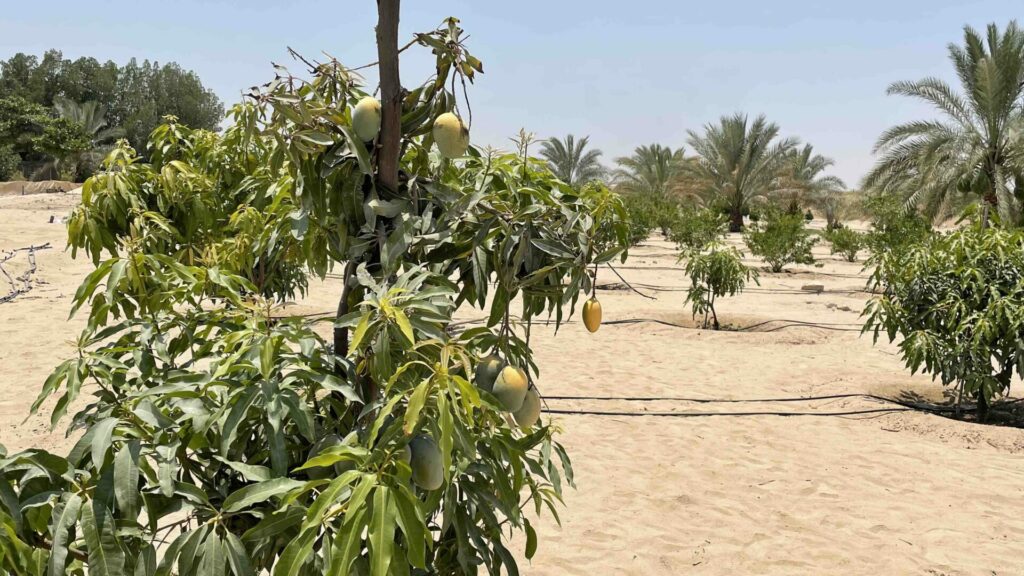
TE. You have also created a ‘Honeycomb Water System’. What is it and how do you hope it can help water-stressed regions?
Chandra Dake: The underlying principle of Magic Sand – air permeability – has been extrapolated to develop ‘IDer Honeycomb’ harvesting systems, which are water harvesting (they collect and store rain rather than allow it to run off) building materials available in the form of pavers, kerbstones, tiles, and bricks.
These materials are placed on rain-exposed areas such as parking lots, playgrounds, and roads. During rainfall, the material readily absorbs the water, filters it, and stores it in underground reservoirs. Thanks to the ‘breathability’ function of this material, the stored water can stay fresh for years without requiring electricity or chemical-based treatment.
When deployed at scale, it gives way to a ‘Sponge City’, a system where the maximum amount of rainwater, the purest form of natural water, is harnessed while simultaneously avoiding flooding.
As a result, it is highly applicable in MENA, a region which is prone to erratic, flood-causing rainfall and faces acute water scarcity. Decentralised harvesting systems like IDer have several advantages over conventional, centralised harvesting systems, which are expensive, require overground space, and entail periodic maintenance.
IDer can be used in urban areas like Dubai as much as it can be in remote villages in North Africa. Its low-cost and impact production – it is made of typical desert sand, which is available in abundance in the region – and simplicity make it a solution that ticks the social, economic, and environmental boxes of sustainability.
TE. What inspired you to create water conservation and sustainable farming technologies?
Chandra Dake: With landmass reducing, the need for regenerative technologies is paramount. Droughts and land degradation are one of the core challenges for global food security. We have worked for more than 35 years to create these impactful solutions to the problems of the desert.
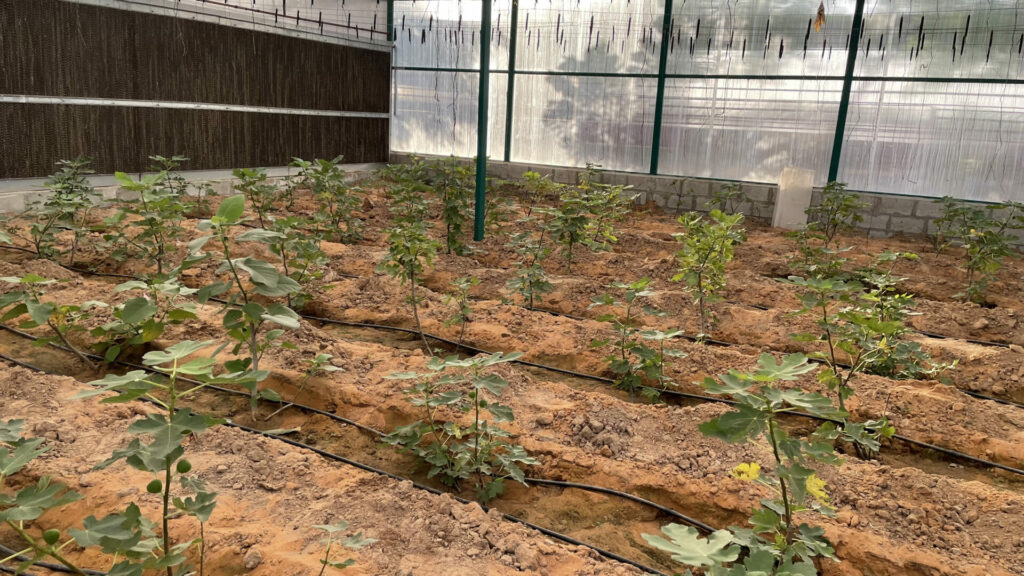
My earliest inspiration came from a large-scale project in Ulam Buh Desert where we were able to grow 1,500 acres of organic rice in one of the world’s driest regions, where temperatures can reach 57 degrees Celsius.
We then explored other cases where water scarcity is the primary cause of food scarcity. This brought us to the MENA region, which is home to 6.3 per cent of the world’s population but only has access to 1.4 per cent of the world’s renewable freshwater. As a result, the region faces food scarcity, with leading economies like the UAE and the KSA importing nearly 90 per cent of their food requirements. This status quo called for low-cost solutions that can empower people across the socio-economic spectrum to achieve self-sufficiency in terms of water and food. Breathable Sand and IDer are fit-for-purpose solutions.
TE. You plan to plant 50 million trees in the GCC – what types of trees will you plant, when and where?
Chandra Dake: As part of our Carbon Sequestration Program, we are launching the programe to start planting 50 million trees in the GCC region by 2027. This will be a mix of tree-planting drives, food forest development, and agroforestry, a land use management system in which trees or shrubs are grown around or among crops or pastureland, accomplished through multistakeholder participation from both public and private sectors. Recently, during the maiden MENA Climate Week, we launched the Sponge Cities Partnership (SCP) with the objective of facilitating collaborations between parties and non-party stakeholders (NPS). The SCP is poised to accelerate efforts to achieve sustainable water security and simultaneously combat climate change.







